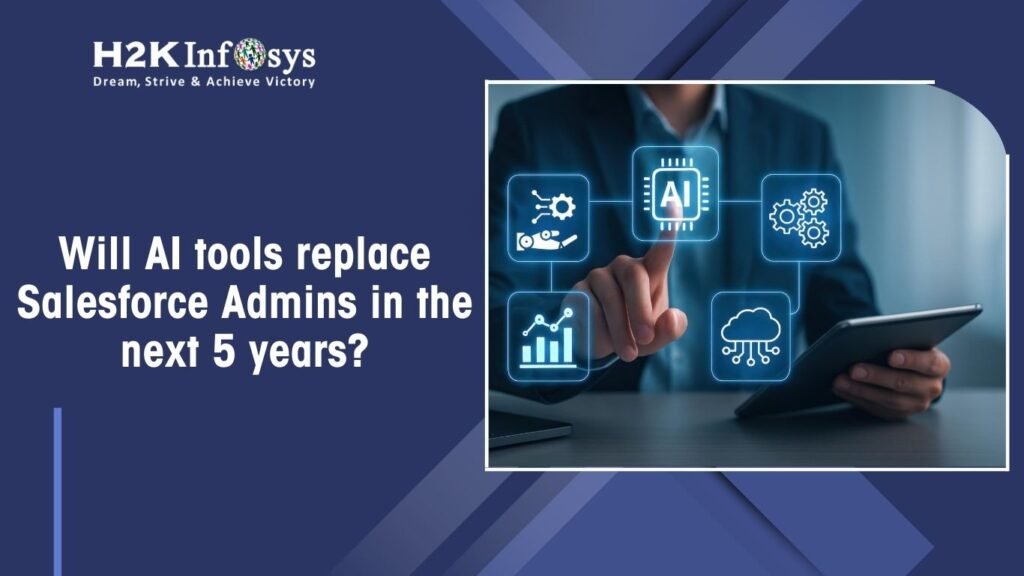Introduction
DevOps Engineers have become an essential part of modern IT and software development. They bridge the gap between software developers and IT operations, facilitating smoother workflows and faster software delivery. This blog provides a comprehensive overview of what it means to be a DevOps Engineer, highlighting key responsibilities, essential skills, and career opportunities.
What is a DevOps Engineer?
A DevOps is a professional who combines software development and IT operations to improve collaboration and productivity within an organization. They focus on automating and streamlining the software delivery process, ensuring that software can be developed, tested, and released quickly and reliably. DevOps Engineers work closely with software developers, system operators, and other IT staff to manage code releases and deployments, often leveraging cloud computing and infrastructure-as-code.
Key Responsibilities of a DevOps Engineer
Continuous Integration and Continuous Delivery (CI/CD)
- DevOps Engineers implement and manage CI/CD pipelines, enabling automated testing and deployment. This ensures that code changes are continuously integrated and delivered, reducing the time from development to production.
Infrastructure Management and Automation
- They are responsible for managing and provisioning infrastructure, often using tools like Terraform and Ansible. This includes setting up servers, databases, and networks, as well as ensuring that infrastructure can scale to meet demand.
Monitoring and Logging
- Monitoring the performance and availability of systems is crucial for a DevOps Engineer. They use tools like Prometheus, Grafana, and the ELK stack (Elasticsearch, Logstash, Kibana) to monitor system health and diagnose issues.
Security and Compliance
- Security is a key concern in DevOps. Engineers must implement security best practices, including setting up firewalls, managing access controls, and ensuring compliance with industry standards.
Collaboration and Communication
- DevOps Engineers play a pivotal role in fostering a collaborative culture between development and operations teams. They facilitate communication and collaboration to ensure that software is developed and deployed smoothly.
Essential Skills for DevOps Engineers
Programming and Scripting
- Proficiency in programming languages like Python, Ruby, and Go is essential. DevOps Engineers use these languages to automate tasks and develop custom scripts.
Knowledge of Cloud Platforms
- Expertise in cloud platforms such as AWS, Azure, and Google Cloud is crucial. This includes understanding cloud services, deployment models, and security features.
Configuration Management
- Tools like Ansible, Puppet, and Chef are used to automate the configuration of infrastructure. It has must be adept at using these tools to manage and maintain systems.
Version Control and Collaboration Tools
- Being well-versed in version control systems, such as Git, is crucial for effectively managing and tracking changes in code. Additionally, experience with collaboration tools like Jira and Slack can enhance communication within teams.
Containerization and Orchestration
- In This often work with container technologies like Docker and Kubernetes. These tools help in packaging applications and managing containerized environments.
Educational Background
While there is no strict educational path, most DevOps Engineers hold a degree in Computer Science, Software Engineering, or a related field. Certifications can also boost your career, such as:
- AWS Certified DevOps Engineer
- Google Professional DevOps Engineer
- Microsoft Certified: DevOps Engineer Expert
- Docker Certified Associate
- Kubernetes Certified Administrator (CKA)
Career Path and Growth Opportunities
Entry-Level Positions
- Junior DevOps Engineer: Responsible for supporting the development and operations teams, learning the ropes of CI/CD, and managing basic infrastructure tasks.
Mid-Level Roles
- DevOps Engineer: Takes on more complex projects, manages CI/CD pipelines, and works closely with developers to optimize workflows.
Senior and Specialist Roles
- Senior DevOps Engineer: Leads projects, mentors junior engineers, and oversees infrastructure and security.
- Site Reliability Engineer (SRE): Focuses on maintaining the reliability and availability of systems, often working with advanced monitoring and automation tools.
Advanced and Leadership Positions
- DevOps Architect: Designs and implements the overall DevOps strategy for an organization, ensuring scalability and efficiency.
- DevOps Manager/Director: Oversees the DevOps team, sets goals and objectives, and aligns DevOps initiatives with business objectives.
Job Market and Salary Trends
The demand for DevOps Engineers is on the rise as organizations prioritize faster and more efficient software delivery. According to various surveys:
- Average Salary: $90,000 to $150,000 per year, depending on experience and location.
- Job Growth: Expected to grow significantly due to the increasing adoption of cloud technologies and automation.
Tips to Kickstart Your Career
- Learn the Basics: Gain a solid understanding of programming, operating systems, and networking.
- Get Hands-On Experience: Practice with tools like Docker, Jenkins, and Kubernetes in a lab environment.
- Work on Projects: Build personal projects that demonstrate your skills in CI/CD, automation, and cloud management.
- Network: Join DevOps communities, attend meetups, and participate in open-source projects.
- Stay Updated: Keep up with industry trends and advancements in tools and technologies.
Conclusion
The role of a DevOps Engineer is multifaceted and dynamic, requiring a blend of technical skills and a collaborative mindset. As organizations continue to adopt DevOps practices, the demand for skilled DevOps Engineers is on the rise. This career offers a clear path for growth, from entry-level positions to leadership roles. Whether you’re just starting or looking to advance your career, understanding the responsibilities and skills required in DevOps is essential for success.


























